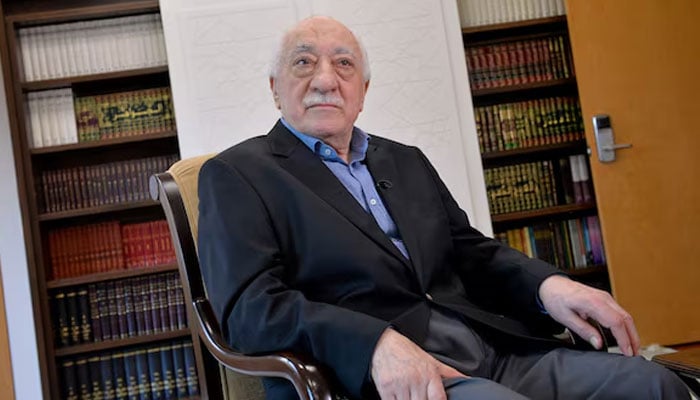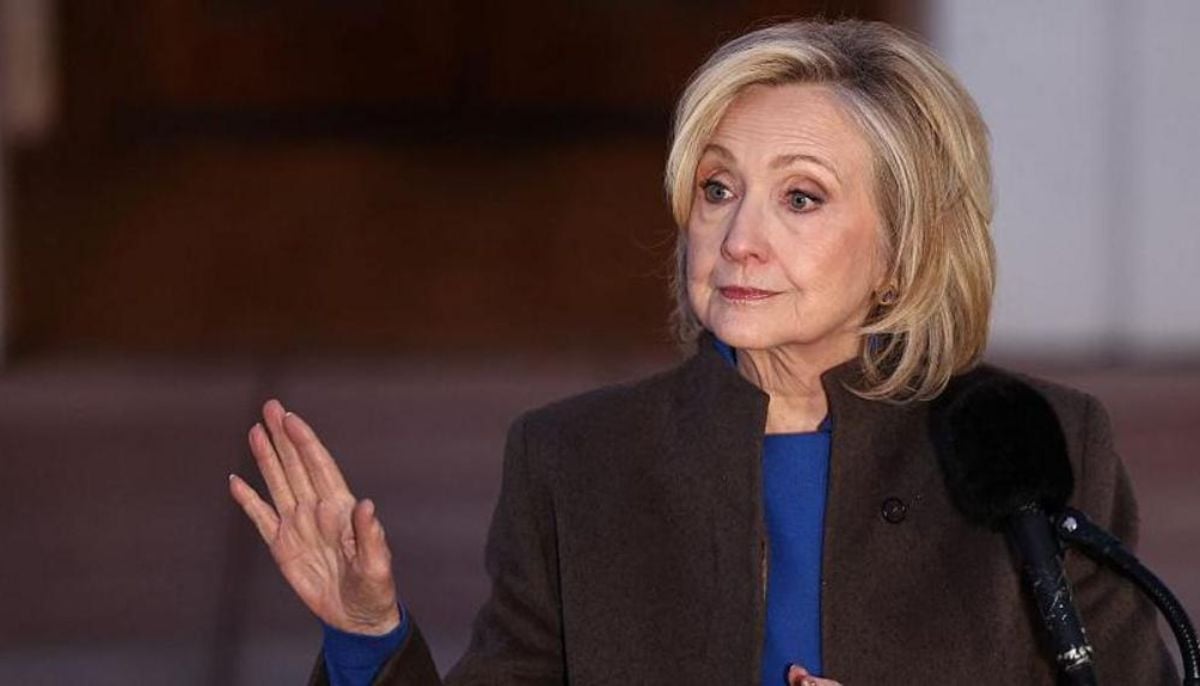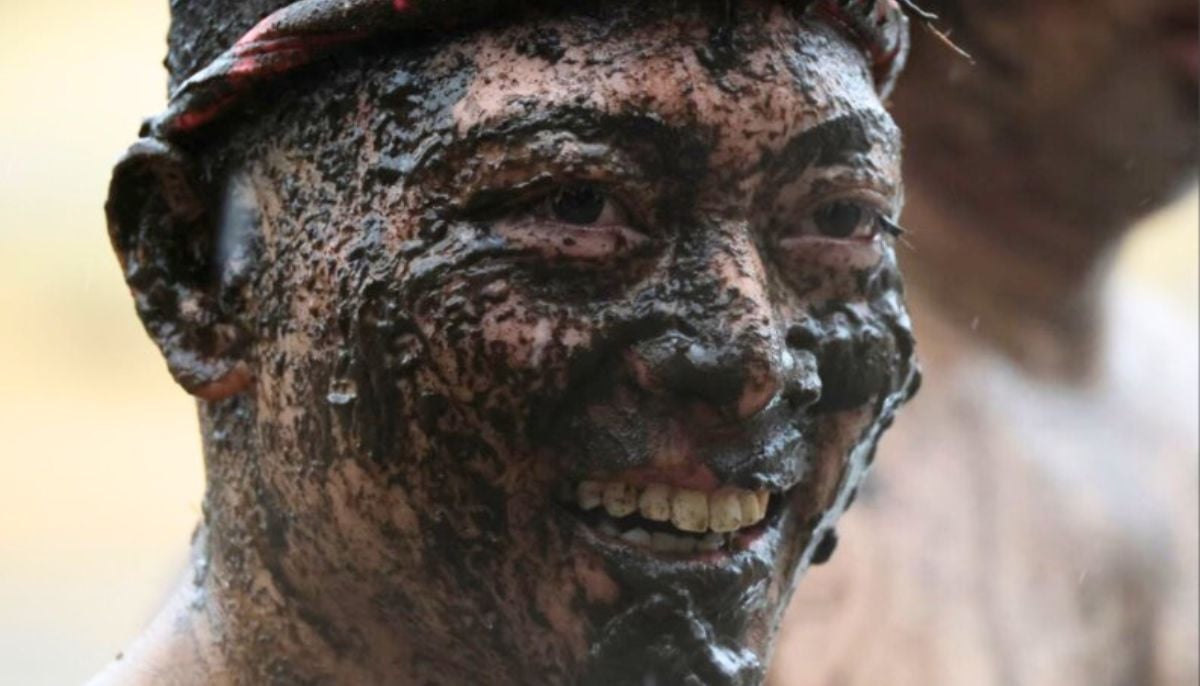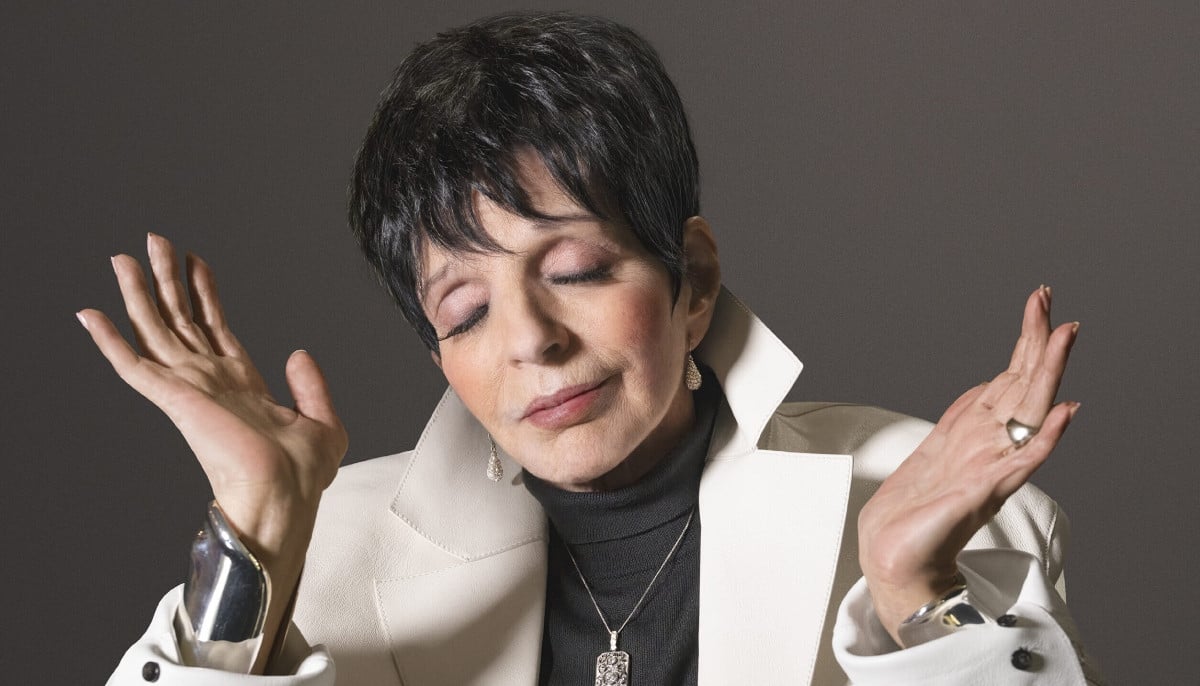Turkish President Erdogan's rival Fetullah Gulen dies aged 83
US-based Muslim cleric was accused of organising failed 2016 coup against Erdogan
United States-based Muslim cleric Fethullah Gulen, who was accused by Turkish authorities of organising a failed 2016 coup, has died in exile in the US aged 83, his personal website said.
Turkish public television said that the preacher, who had lived in Pennsylvania since 1999 and was stripped of his Turkish nationality in 2017, died in hospital where he was being treated.
Gulen's website, Herkul, which is banned in Turkey, said the imam died on "October 20".
Gulen was a rival of President Recep Tayyip Erdogan and, after going into exile, Erdogan's government accused Gulen of attempting a coup in 2016 and his Hizmet movement of being a "terrorist" group. He denied the accusations.
Hizmet, which means "service" in Turkish, runs a network of Islamic schools around the world and has become an influential but opaque group. It seeks to spread a moderate brand of Islam that promotes Western-style education, free markets and interfaith communication.
Gulen allied with Erdogan to help him win elections in the 2000s but became a sworn enemy of the Turkish president after disagreements started in 2010.
Erdogan launched a crackdown on Gulen followers after corruption allegations were made in 2013 against the president's Justice and Development Party.
Erdogan said the investigators were Gulen followers.
The alleged failed coup against Erdogan in 2016 deepened the rift.
The president accused Gulen of mounting the coup, 3,000 Gulen followers were given life in jail and legal action was taken against 700,000 people.
About 125,000 government workers, including 24,000 soldiers and thousands of investigating magistrates, were sacked.
Known to his supporters as Hodjaefendi, or respected teacher, Gulen was born in a village in the eastern Turkish province of Erzurum in 1941. The son of an imam, or Islamic preacher, he studied the Holy Quran from infancy.
In 1959, Gulen was appointed as a mosque imam in the northwestern city of Edirne and began to come to prominence as a preacher in the 1960s in the western province of Izmir, where he set up student dormitories and would go to tea houses to preach.
These student houses marked the start of an informal network which would spread over the following decades through education, business, media and state institutions, giving his supporters extensive influence.
This influence also spread beyond Turkey's borders to the Turkic republics of Central Asia, the Balkans, Africa and the West through a network of schools.
-
Savannah Guthrie mom update: 'Today' show sees huge ratings boost amid search for Nancy intensifies
-
Hillary Clinton to testify in Epstein probe alongside Bill Clinton
-
Liza Minnelli reveals rare traits she is looking for in new lover after series of failed romances
-
EU court adviser rejects Meta Platforms challenge over Facebook data
-
Oscar nominated Michael B Jordan reveals one 'Sinners' scene entire cast saw filmed
-
World Economic Forum CEO Borge Brende steps down following Jeffrey Epstein ties controversy
-
Hillary Clinton set for deposition before House committee today in Jeffrey Epstein investigation case
-
Kim Jong Un says North Korea ready to ‘get along’ with US but sets key condition












